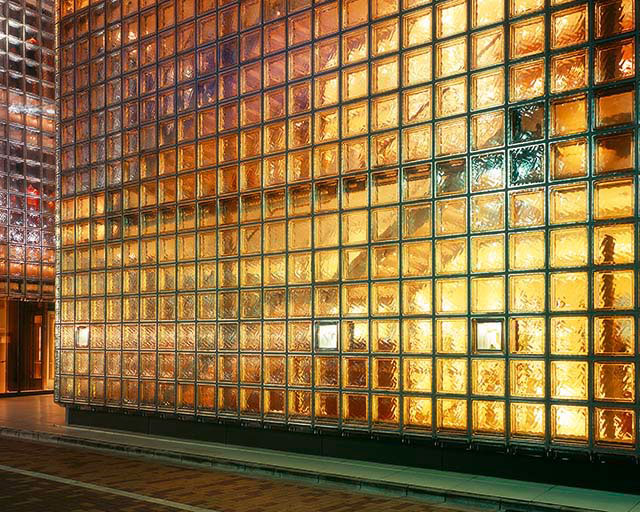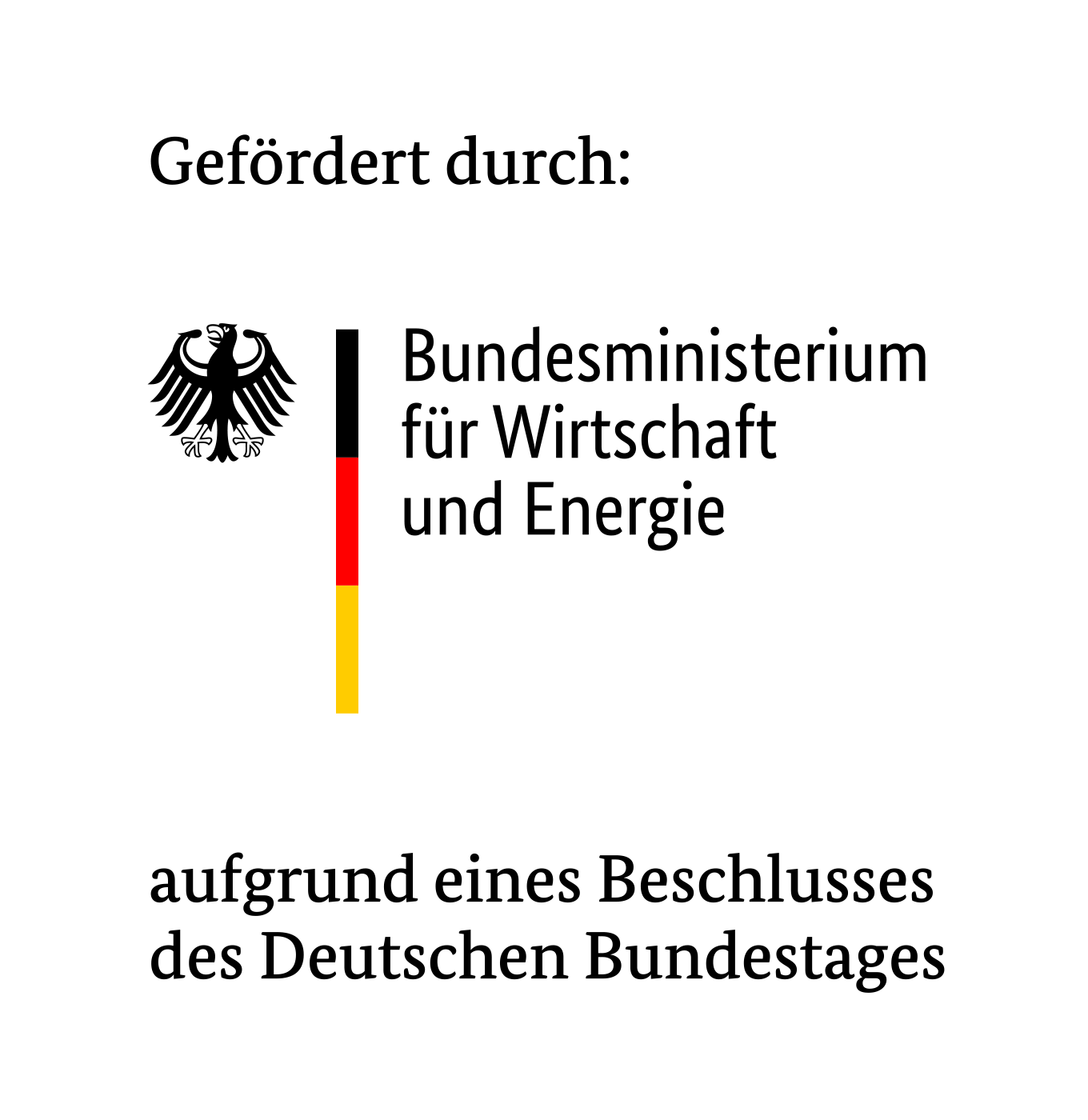Newsletter 02/2019
An integrated management concept is necessary to ensure an optimal energy mix and operation of energy storage systems for building complexes with a decentralized energy system. The ARCHE project simplifies the planning and use of self-optimizing controller architectures for these systems.

A particular challenge with decentralized energy systems for building complexes is to guarantee security of supply despite different energy sources and processes of energy conversion and storage. Such energy systems and building control systems are already technically possible, but involve high costs for development and commissioning. ARCHE ("Architectures and design methodology for self-optimizing control processes in distributed energy systems") will therefore significantly reduce development costs. This makes an important contribution to the dissemination of environmentally friendly systems with a high use of renewable CO2-free or CO2-neutral energy.
A platform of the same name will be created within the project. ARCHE will significantly simplify the development, testing and commissioning as well as the continuous monitoring of a management system for distributed energy systems. The project concentrates on the design of self-optimizing energy management systems with which the security of supply and the provision of an optimal energy mix for the consumer can be guaranteed. In addition, an optimal management of the integrated energy storage is possible and components of the energy system can be selected according to user and location criteria such as costs, availability, energy source, etc.
The approach uses software solutions, methods and procedures to automate and simplify the industry's conventional manual approach to designing complex energy management systems. The result of the project is a prototype implementation of the ARCHE platform. Using four representative demonstrators, the design and application of the self-optimizing controllers will be demonstrated both virtually and in real buildings. Both the energy saving and the simple, practical commissioning will be demonstrated. The project results can be reused in the form of a software library.
 Fraunhofer Institute for Integrated Circuits IIS, Division Engineering of Adaptive Systems EAS
Fraunhofer Institute for Integrated Circuits IIS, Division Engineering of Adaptive Systems EAS